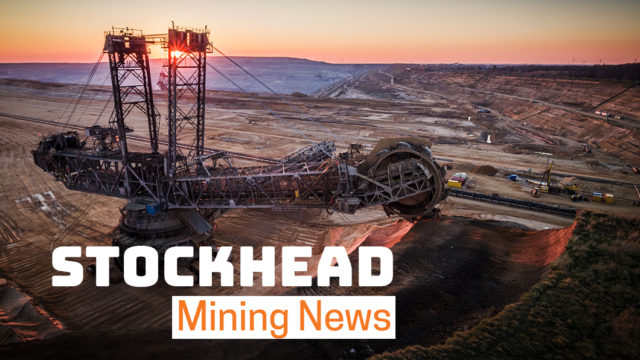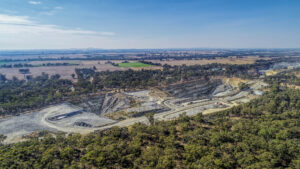Australia has been pushing ahead with its goal of becoming a leading supplier of critical minerals, like mineral sands, battery metals, and rare earths.
That includes helping fund the next generation of large scale mining projects, like Strandline Resources (ASX:STA) mineral sands and Australian Mines’ (ASX:AUZ) nickel-cobalt projects.
Strandline expects to start construction on one of the world’s largest mineral sands projects in Q4 2020 after gaining approval for a $150m loan from the Federal Government’s Northern Australia Infrastructure Facility (NAIF).
Mineral sands are critical ingredients in electronic gadgets, and Strandline forecasts a supply deficit for the market as mine closures and declining grades eat into production at a rate of 5 per cent a year in the 2020s. Demand for mineral sands is set to rise 3 per cent a year from 2020 as nations urbanise, it said.
Shares in Strandline rose 6.6 per cent to 24c in Wednesday trading.
The NAIF funding will go a long way to covering the $260m cost of the Coburn mineral sands project situated 240km north of Geraldton in WA, an existing export hub for the industry.
Around $130m of the loan will pay for construction costs and $20m is earmarked for an access road to the mine site.
“It is a massive milestone,” Strandline managing director, Luke Graham, said of the NAIF loan approval.
The company had to satisfy stringent conditions on the project’s commercial and strategic aspects, and show it will have a positive impact on traditional owners in the area in terms of economic and other opportunities.
Construction can start as soon as remaining financing is closed for the project, which is likely to be in Q3, he said.
Coburn’s zircon production of 58,000t/year is expected to supply around 5 per cent of the world market, and the project will also produce 24,000t/year of rutile, and 110,000t/year of chloride ilmenite.
The Coburn project has a projected net-present-value cashflow of $705m, and Strandline has already lined up customers representing 72 per cent of its projected revenue over the first 7 years, said the company in a presentation.
“Africa has emerged as a mineral sands producer, but with Coburn we will gain back a bit of market share,” said Graham.
COVID-19 recovery
NAIF loans are also part of the Australian government’s post-COVID-19 economic recovery strategy.
The NAIF loan is based on a 15.5-year term, and will stand alongside commercial debt and equity financing for the Coburn project, said Strandline in its presentation.
Loans from the NAIF have already gone to iron ore, bauxite and potash resource projects in north Australia, and add up to $2.1bn.
“Projects financed through NAIF loans stand to deliver a much needed boost to local jobs and investment in regional areas, at a time when they need it the most,” assistant minister for Northern Australia, Michelle Landry, said.
Geraldton and its regional economy are expected to benefit from the Coburn project to the tune of $922m over its 25-year mine life, and bring about 315 jobs during its construction.
Sconi battery metals project revived
In a separate but connected move, the Queensland government has offered to provide financial support to Australian Mines’ (ASX: AUZ) $1.5bn Sconi cobalt-nickel and scandium project in the state.
Australian Mines’ shares moved up 88 per cent to 1.7c on the news.
The unspecified amount of funding is being made available through Queensland’s $175m Jobs and Regional Growth Fund, an initiative to increase private sector investment in the Australian state.
“Having the opportunity to access state funding for Sconi, sends a strong message about the quality of the project and Australian Mines’ ability to progress its development, despite the broader economic uncertainty being caused by the COVID-19 pandemic,” Australian Mines managing director, Benjamin Bell, said.
The project is forecast to be one of the most competitive cobalt and nickel mines in the world, and will produce battery-grade cobalt sulphate and nickel sulphate for use in electric vehicles.
Some strings are attached to the funding offer, including, Australian Mines obtaining construction financing and approving the investment by end December. Another condition is that construction of the project has to be completed by July 2023 and employ at least 190 people.
The Sconi project features a 2 million t/year ore processing plant producing 7,000t/year of cobalt sulphate and 46,800t/year of nickel sulphate over a 30-year mine life.
You might be interested in












